‘Calamity’ in Gaza and ‘£30bn cost of Chagos’
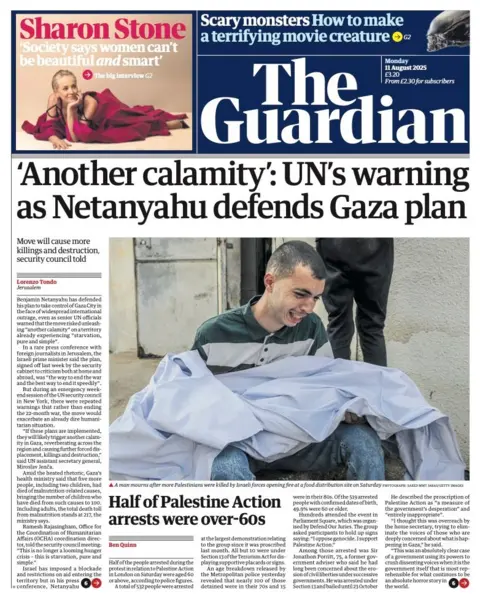
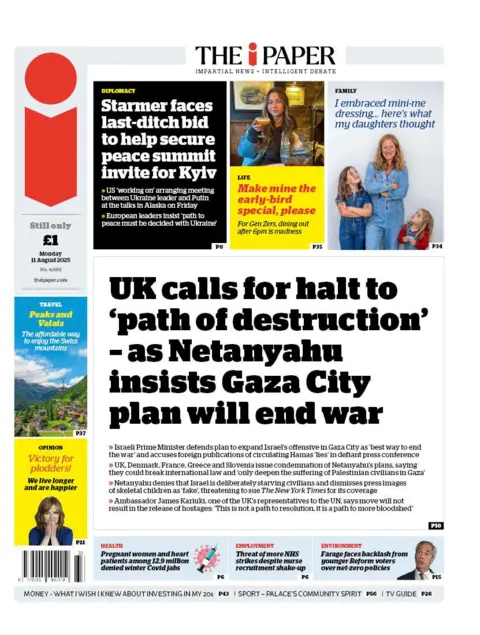
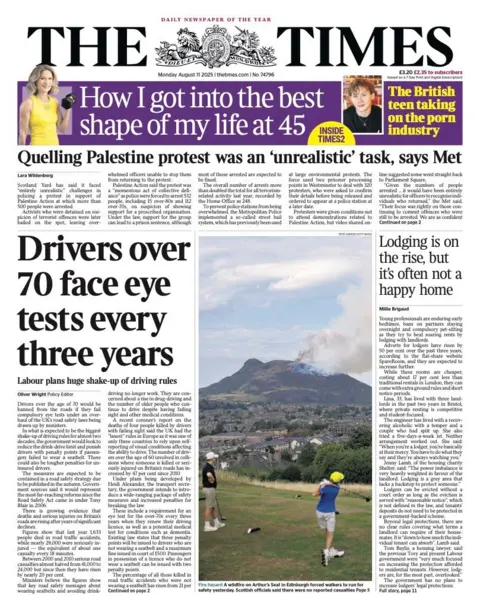
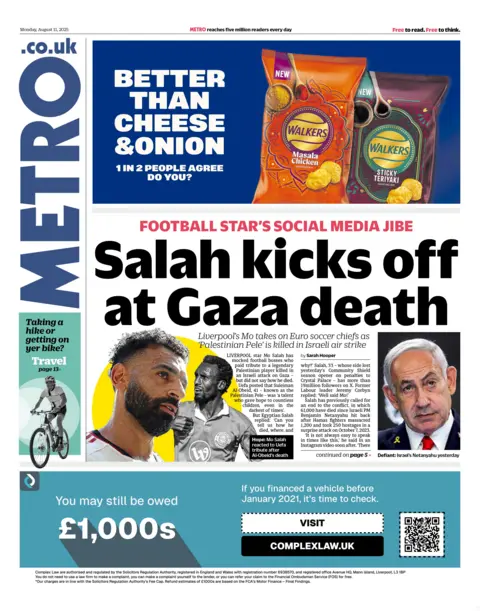
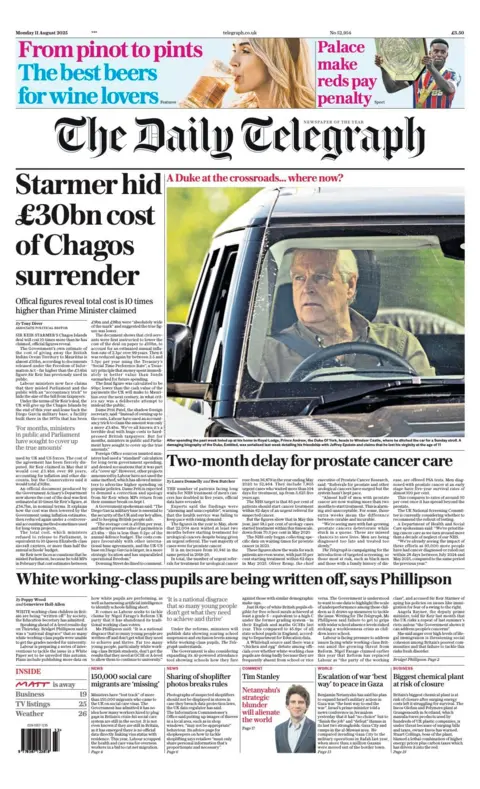
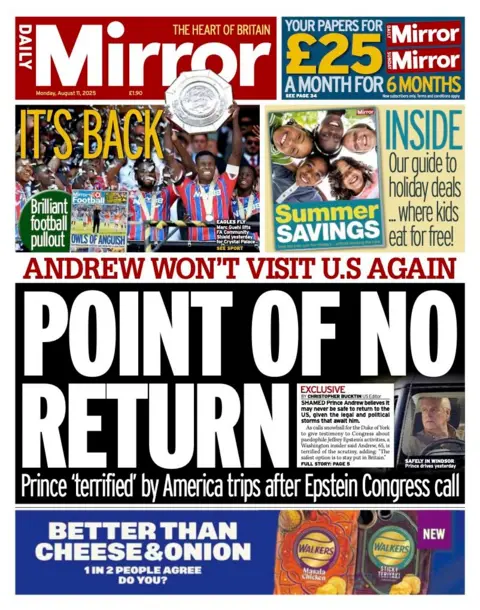
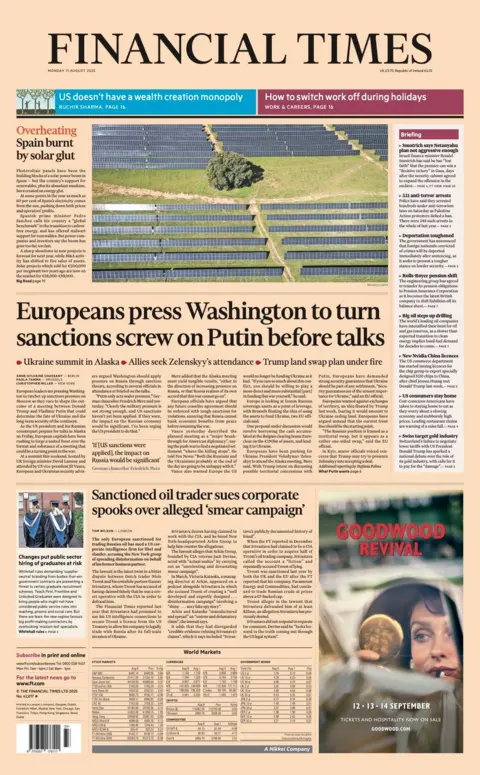
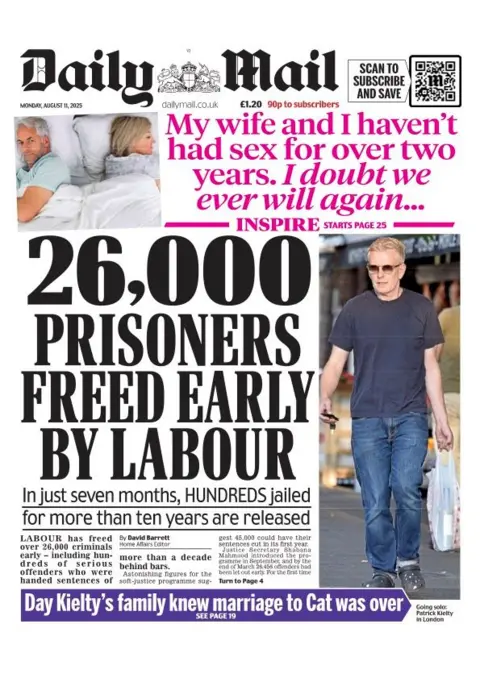
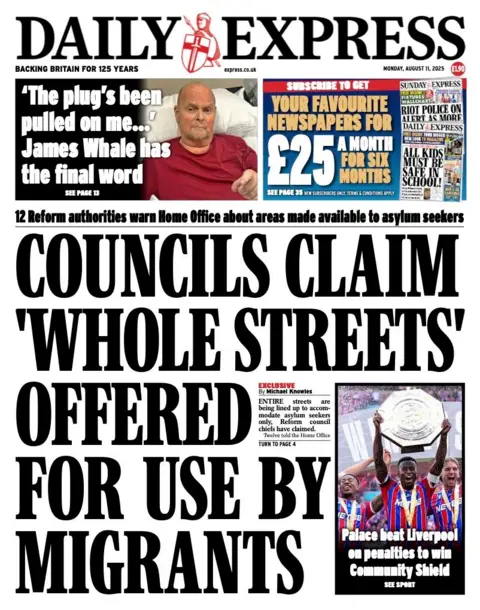
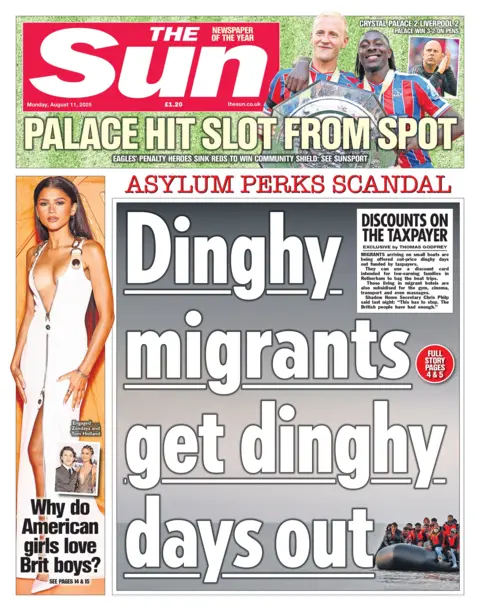
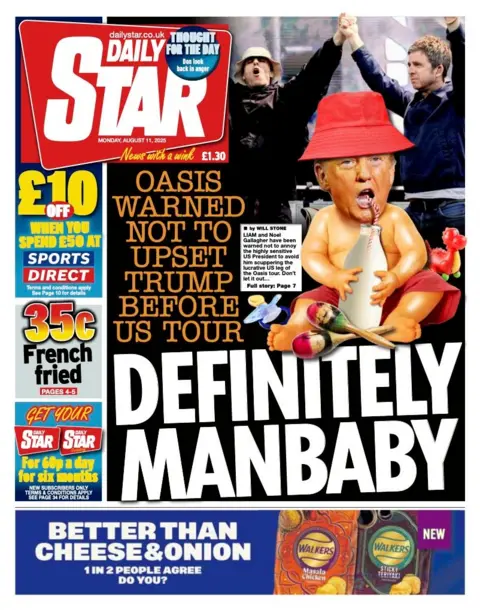




























The advertising titans, behind campaigns like ‘Got Milk’ and ‘Priceless’, aim to create the world’s largest ad agency.
Omnicom is buying Interpublic Group in a stock-for-stock deal that will create the largest ad agency in the world with combined annual revenue of almost $26bn.
The deal, announced on Monday, could attract regulatory scrutiny as it seeks to merge the world’s third-largest ad buyer, Omnicom, with the fourth-largest – Interpublic.
The names may be unfamiliar to many Americans, but some of their marketing campaigns are iconic. Those include “Got Milk” for the California Milk Processor Board, “Priceless” for Mastercard, “Because I’m Worth It” for L’Oreal and “Think Different” for Apple.
The combined company will be worth more than $30bn.
“Through this combination, we are poised to accelerate innovation and harness the significant opportunities created by new technologies in this era of exponential change, said John Wren, chairman and CEO of Omnicom. “Now is the perfect time to bring together our technologies, capabilities, talent and geographic footprints to bring clients superior, data-driven outcomes.”
The company will keep the Omnicom name and trade under the “OMC” ticker symbol on the New York Stock Exchange.
Tech giants such as Alphabet-owned Google and Amazon.com have in recent years attracted marketing dollars away from traditional agencies by offering both advertising tools and marketplaces to buy and sell them.
Soaring use of AI tools that allow businesses to create ads cheaper and faster has squeezed traditional agencies, forcing them to scramble to develop similar in-house tools to retain clients.
“This move allows us to take control of our own future rather than wait for technology to impact it in ways that you can’t anticipate today,” Wren said.
The size of and reach of the new marketing giant will have multiple advantages, including the use of new technologies like artificial intelligence.
“We estimate both companies have an approximately 50/50 split between advertising and marketing services, setting up a strong position not only in creative and media, but also across areas like specialty healthcare, experiential, and PR,” wrote JPMorgan analyst David Karnovsky.
“For the industry, some amount of consolidation is a positive following a couple years of divergent growth among agencies and ahead of an investment cycle for Gen-AI,” Karnovsky added.
Shareholders of the Interpublic Group of Companies Inc will receive 0.344 Omnicom shares for each share of Interpublic common stock that they own. Omnicom shareholders will own 60.6 percent of the combined company and Interpublic shareholders will own 39.4 percent after the transaction is complete.
Wren will be chairman and CEO of Omnicom, while Phil Angelastro will continue as executive vice president and chief financial officer. Interpublic CEO Philippe Krakowsky and COO Daryl Simm will be co-presidents and chief operating officers at Omnicom.
Three current members of Interpublic’s board, including Krakowsky, will join the board of Omnicom.
The deal is expected to have annual cost savings of $750m and is expected to close during the second half of next year. It still needs the approval of Omnicom and Interpublic shareholders.
Regulatory roadblocks had forced Omnicom and France’s Publicis Groupe SA to call off their $35bn merger in 2013.
Shares of Interpublic jumped 10 percent Monday, while Omnicom’s stock fell more than 6 percent.
The dam collapse unleashed wave of tailings in disaster that killed 19 people, left hundreds homeless, flooded forests.
Brazil has signed a 170 billion reais ($29.85bn) compensation agreement with miners BHP, Vale and Samarco for the Mariana dam collapse in 2015, one of the country’s worst environmental disasters.
The agreement was signed on Friday.
The collapse of the dam at the iron ore mine owned by Samarco, a joint venture between Vale and BHP, near the city of Mariana in southeastern Brazil, unleashed a wave of tailings in a disaster that killed 19 people, left hundreds homeless, flooded forests and polluted the length of the region’s Doce River.
Brazilian President Luiz Inacio Lula da Silva attended a ceremony in Brasilia to mark the signing of the agreement, with the government saying the first instalment of 5 billion reais ($878m) must be paid within 30 days.
The agreement provides for the payment of 132 billion reais ($23bn), of which 100 billion reais ($17.5bn) represent “new resources” that must be paid to public authorities within 20 years by the companies involved in the tragedy.
The other 32 billion reais ($5.6bn) will be allocated to compensate for affected people and reparation actions that will remain their responsibility. That’s in addition to the 38 billion reais ($6.6bn) the miners say they have disbursed.
The government’s solicitor general, Jorge Messias, said the agreement’s resources will enable local authorities to compensate families for financial losses and fund environmental recovery in affected areas. These efforts will focus on the states of Minas Gerais, where the dam is located, and Espirito Santo, through which the Doce River flows to the sea.
The annual payments are scheduled until 2043, with values varying between 7 billion reais ($1.2bn) in 2026 and 4.41 billion reais ($7.7bn) in the last instalment.
“These resources will allow us to provide justice in reparation to the families directly affected, and their impact will be felt over several areas, not only in the recovery of the environment but in the resumption of economic activities, health and infrastructure,” Messias said.
In a statement, BHP said it expected outflows under the agreement to align with its full-year 2024 Samarco provision of $6.5bn, and no update was required to the existing provision.
Friday’s agreement could end more than a hundred lawsuits against the mining companies in the South American country and possibly limit legal action abroad, three sources close to the matter said this week.
BHP is contesting liability in a lawsuit worth up to 36 billion pounds ($47bn) in London’s High Court over its responsibility for the Mariana disaster. The world’s largest miner by market value argues that the London lawsuit duplicates ongoing legal proceedings and reparation and repair programs in Brazil and should, therefore, be dismissed.